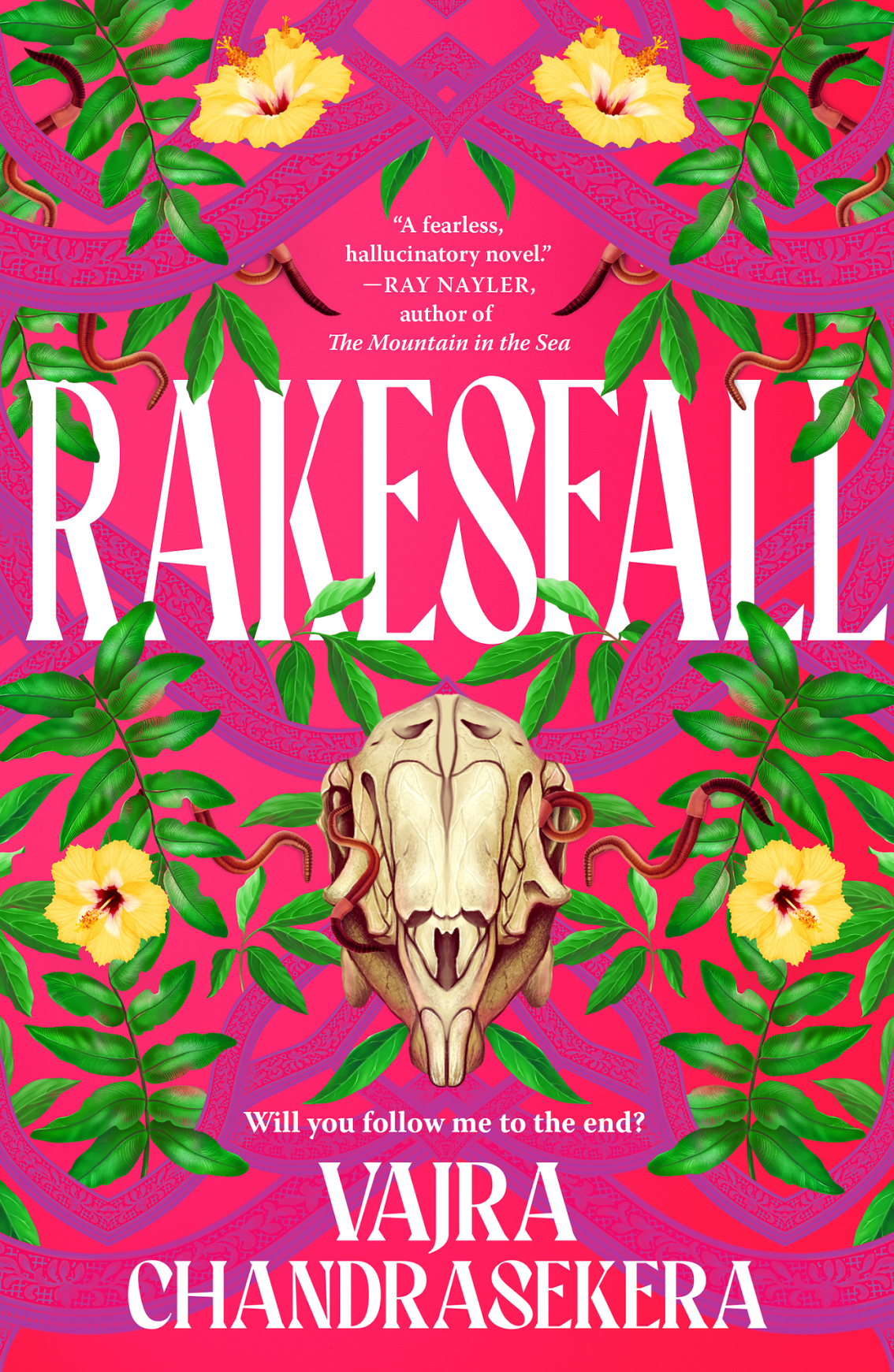What do you think?
Rate this book


304 pages, Hardcover
First published June 18, 2024
enormity cannot truly, fully be spoken of without recourse to fable. There is a dread scale at which only myth works; only nightmare has the technology. Worlds must be broken to convey that attempts to depict a multidimensionally unspeakable reality in fiction, including this one, are but contemptible in the final reading.
Georges does not ask himself why the Christian devil has hooves and horns, which is of course that they are satyrical.